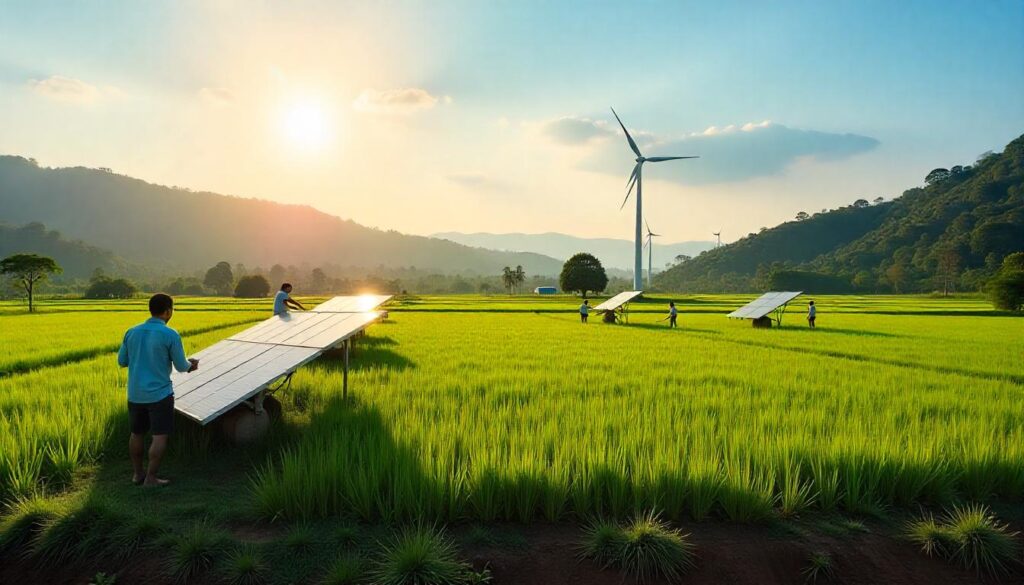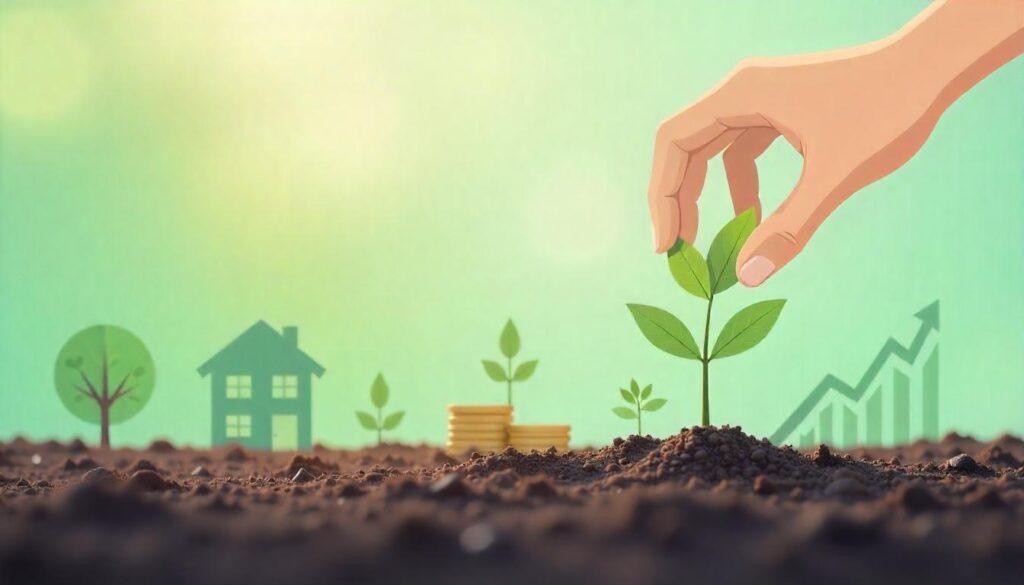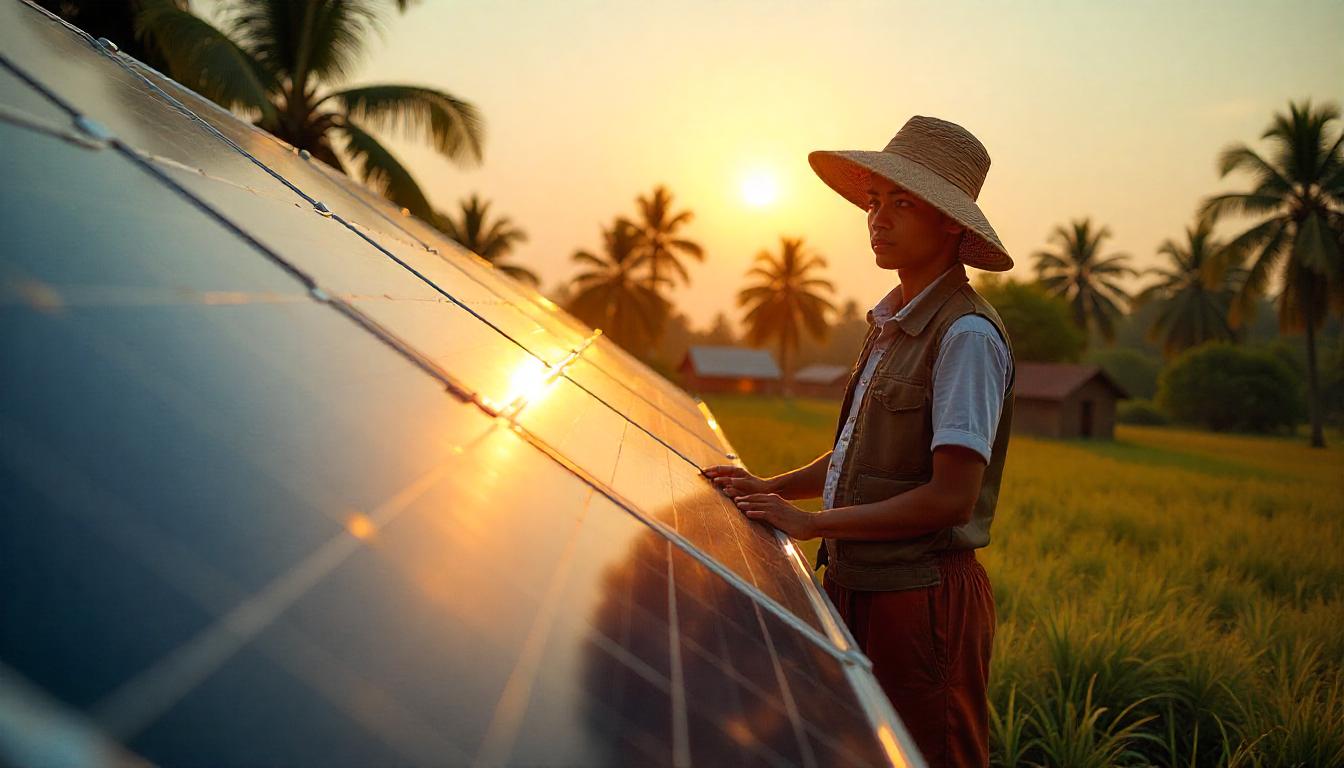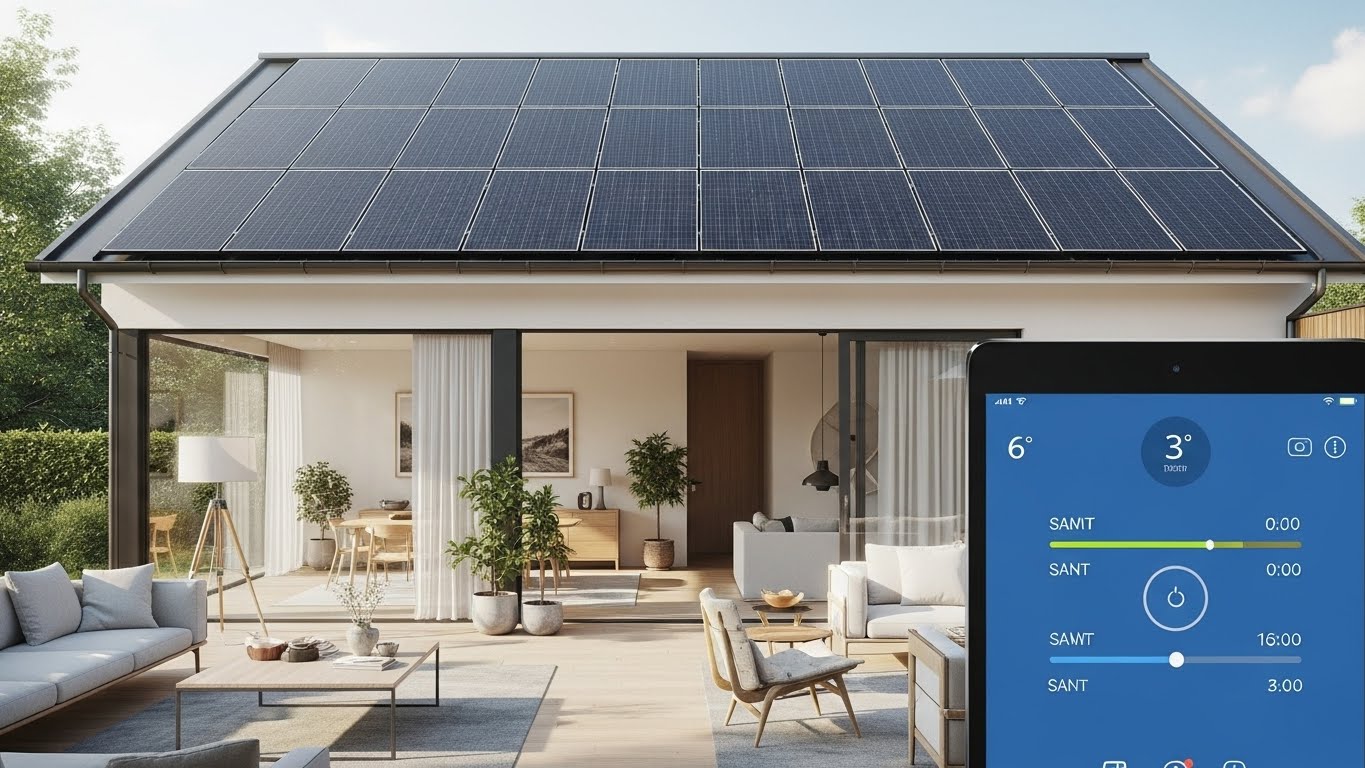With energy prices rising and environmental sustainability becoming a business necessity, green energy grants offer a vital opportunity for small businesses in Cambodia. These grants help reduce electricity costs, increase operational efficiency, and align businesses with the country’s sustainable development goals. For many Cambodian SMEs, especially in rural areas, switching to clean energy sources like solar can lead to long-term financial and environmental benefits.
In this comprehensive guide, we will walk you through the process of applying for green energy grants in Cambodia. Whether you’re running a hotel in Siem Reap, a rice mill in Battambang, or a fish farm in Kampot, this guide will help you navigate funding options and prepare a winning grant application.
Why Green Energy Grants Matter for Small Businesses in Cambodia
The Benefits of Going Green
- Cost Savings: Electricity rates in Cambodia are among the highest in Southeast Asia, with rural businesses paying up to $0.25/kWh. Green energy solutions like solar power significantly lower these costs.
- Sustainability: Reducing reliance on fossil fuels helps SMEs contribute to national climate goals.
- Competitive Advantage: Green businesses appeal to eco-conscious consumers and international partners.
- Access to Funding: Government and donor-backed programs are actively seeking to fund green transitions.
Real Impact in Action
Many Cambodian SMEs have already benefited from renewable energy funding. For example:
- A rice mill in Battambang reduced its energy bills by 40% using a hybrid solar-thermal system funded by CAPRED.
- A guesthouse in Siem Reap installed rooftop solar panels through an Energy Service Company (ESCO), paying back the cost over four years via shared savings.
Types of Green Energy Grants Available in Cambodia
Several funding programs currently support clean energy projects in Cambodia. Below are the most prominent options:

1. CAPRED ESCO Pilot Program
- Funding: Up to $50,000
- Focus: Energy efficiency in rice milling, food processing, and agro-industrial facilities
- Unique Feature: Performance-based payback through shared savings or guaranteed savings models
2. UNDP-GEF Small Grants Programme
- Funding: Up to $50,000 (with 50% co-funding requirement)
- Focus: Community-based renewable projects, including solar, wind, and biogas
- Eligibility: NGOs, local communities, and qualifying SMEs
3. Switch to Solar (EU-Funded)
- Support Type: Financial support, technical assistance
- Focus: Micro, small, and medium-sized enterprises (MSMEs) in agri-fishery value chains
- Partners: EnergyLab Cambodia and local solar providers
4. Clean Energy Revolving Fund (CERF)
- Funding: Low-interest loans from $10,000 to $100,000
- Focus: Solar-powered water pumps, cold storage, lighting for agri-businesses
- Operated by: REEEP (Renewable Energy and Energy Efficiency Partnership)
Pro Tip: Create a shortlist of programs based on your business sector, size, and geographic location.
Step-by-Step Guide to Applying for a Green Energy Grant in Cambodia
Step 1: Identify the Right Grant for Your Business
Not all grants are created equal. Begin by reviewing your energy needs and matching them with the most relevant funding program:
- Looking to reduce your electricity bill? Consider CAPRED or Switch to Solar.
- Interested in community-based clean energy? Explore UNDP-GEF.
- Need financing rather than a grant? CERF might be your best option.
Step 2: Check Eligibility Criteria
Each program has specific requirements:
- Is your business registered in Cambodia?
- Are you operating in a target sector (e.g., agriculture, hospitality, or processing)?
- Do you have the capacity to co-fund part of the project?
Step 3: Conduct an Energy Audit (If Required)
Some grants, especially CAPRED’s ESCO model, require a detailed energy audit to assess potential savings and technical feasibility.
- Types of Audits: Level 2 or Investment-Grade
- Providers: Certified ESCOs, NGOs like EnergyLab Cambodia
The audit helps quantify the benefits of the proposed energy improvements.
Step 4: Develop a Strong Project Proposal
A good proposal should include
- A clear statement of the problem (e.g., high energy bills, unreliable supply)
- The proposed green energy solution (e.g., rooftop solar system)
- Cost estimates and funding breakdown
- Project timeline
- Anticipated energy savings and impact (e.g., % of energy offset, carbon reduction)
Step 5: Gather Required Documentation
Prepare all necessary documents:
- Business registration/license
- Energy audit reports (if applicable)
- Financial statements
- Staff list
- Quotation or invoice from energy supplier/installer
Step 6: Submit Application Before the Deadline
- Some programs accept applications on a rolling basis (e.g., CAPRED).
- Others may have specific deadlines (e.g., UNDP-GEF calls).
- Ensure all forms are properly filled (some may require Khmer-language submissions).
Step 7: Follow Up and Prepare for Monitoring
Post-submission steps may include:
- Interviews or site visits
- Monitoring of energy usage
- Periodic progress and financial reporting
Grant providers want to ensure that the funds lead to tangible outcomes.

Common Mistakes to Avoid When Applying
Avoid these pitfalls to increase your chances of securing funding:
- Missing co-funding requirements: Some grants require a 50% match.
- Incomplete documentation: Ensure all financial and legal papers are in order.
- No energy audit: For technical grants like ESCOs, this is essential.
- Vague proposals: Be specific about your goals and expected savings.
- Ignoring deadlines: Late submissions are automatically disqualified.
Real-Life Examples of Successful Grant Recipients
1. Rice Mill in Battambang (CAPRED ESCO)
- Project: Installed solar-thermal hybrid system
- Funding: $45,000 grant
- Results: 40% reduction in energy bills; 3-year payback period
2. Guesthouse in Siem Reap (EnergyLab Solar Program)
- Project: Rooftop solar installation
- Support: Technical assistance + partial funding
- Results: Reduced diesel generator use by 70%
3. Fish Farm in Kampot (UNDP-GEF)
- Project: Solar-powered water aeration system
- Funding: $35,000 + community co-funding
- Results: Increased fish yield by 25%; improved water quality
These stories demonstrate the real, measurable benefits of going green.
Future Trends and Opportunities in Cambodia’s Green Energy Space
Renewable Energy Certificates (RECs) in 2025
The Ministry of Mines and Energy (MME) is set to launch an REC scheme that allows businesses to purchase renewable energy credits. This offers an additional revenue or offset stream for SMEs already investing in clean energy.
National Energy Efficiency Policy (2023)
Cambodia’s updated energy policy promotes
- ESCO models
- Tax incentives for green tech
- Standards for rooftop solar installation
Rural Electrification and Mini-Grids
Development agencies are increasingly funding mini-grid and off-grid solar systems, especially for farming and remote enterprises.
Growing International Support
Global programs like the Green Climate Fund and Asian Development Bank continue to funnel resources into Cambodia’s green economy.
Conclusion: Start Your Green Energy Journey Today
Green energy grants offer a practical and strategic opportunity for Cambodian SMEs to lower costs, build resilience, and join the fight against climate change. With multiple funding options available, from CAPRED to UNDP-GEF, the time to act is now.
Whether you’re just beginning to explore solar options or ready to submit your application, follow the steps outlined in this guide to maximize your chances of success.
✅ Take Action Now:
- Conduct a quick energy audit of your business.
- Identify the most suitable grant program.
- Begin preparing your proposal and documentation.
By going green today, you’re not only investing in your business but also in Cambodia’s sustainable future.
Looking for tools to help you get started? Download our free “Green Energy Grant Application Checklist for Cambodian SMEs” and subscribe for updates on new funding opportunities!
Frequently Asked Questions (FAQs)
What types of green energy projects are eligible for grants in Cambodia?
Projects such as rooftop solar installations, solar-powered water pumps, energy-efficient lighting, and biogas systems are commonly eligible under various programs like CAPRED, UNDP-GEF, and Switch to Solar.
Do I need to co-fund my project?
Yes, many grant programs, such as the UNDP-GEF Small Grants Programme, require up to 50% co-funding from applicants. Be prepared to invest your own resources or secure additional funding.
Can individuals apply for green energy grants?
Most grants are available to registered businesses, NGOs, or community groups. Individuals typically need to partner with a qualifying organization.
How long does the application process take?
The timeline varies by program. Some accept applications year-round, while others have specific deadlines. From submission to approval, the process can take a few weeks to several months.
Are the grants available in both English and Khmer?
Yes, but some programs require proposals or documentation to be submitted in Khmer. Always check the official requirements before applying.
Do I need an energy audit for every application?
Not always. However, technical grants such as those under the ESCO model generally require a detailed audit to assess potential savings and justify the investment.
Where can I find updates on available green energy grants?
Follow local development partners such as CAPRED, UNDP Cambodia, EnergyLab, and REEEP. Also, subscribe to official newsletters and check ministry websites regularly.




